Many of us have adopted what we might call the heroic view of social change. We believe meaningful social change relies on some superhuman hero taking extraordinary action.
But in the real world, change isn’t the result of one or a few special “heroes” doing something superhuman and extraordinary. It’s built on the backs of millions of everyday people each making their humble contribution to the greater good.
Trying to be the hero is a fool’s errand. We are much better served by embracing the ecological view of social change instead.
The ecological view of social change
Imagine a thriving, beautiful old-growth forest teeming with life and abundance, growing and evolving over centuries. Certainly, some individuals in the forest meet untimely, grisly deaths from time to time. And some species eventually die out or find a new forest that better suits them. But the forest as a whole is thriving.
Notice that no one individual or species “leads” the forest. No one element defines it. No individual or species is most responsible for its beauty and abundance. The forest is a confluence of plants, animals, fungi, bacteria, and more, each offering something new, unique, and vital.
What makes the forest so beautiful, rich, and abundant is how these diverse elements interact with, balance, and complement one another. Together, and only together, they transform into something more dynamic and resilient than the sum of their parts. They become an ecosystem. They become the forest.
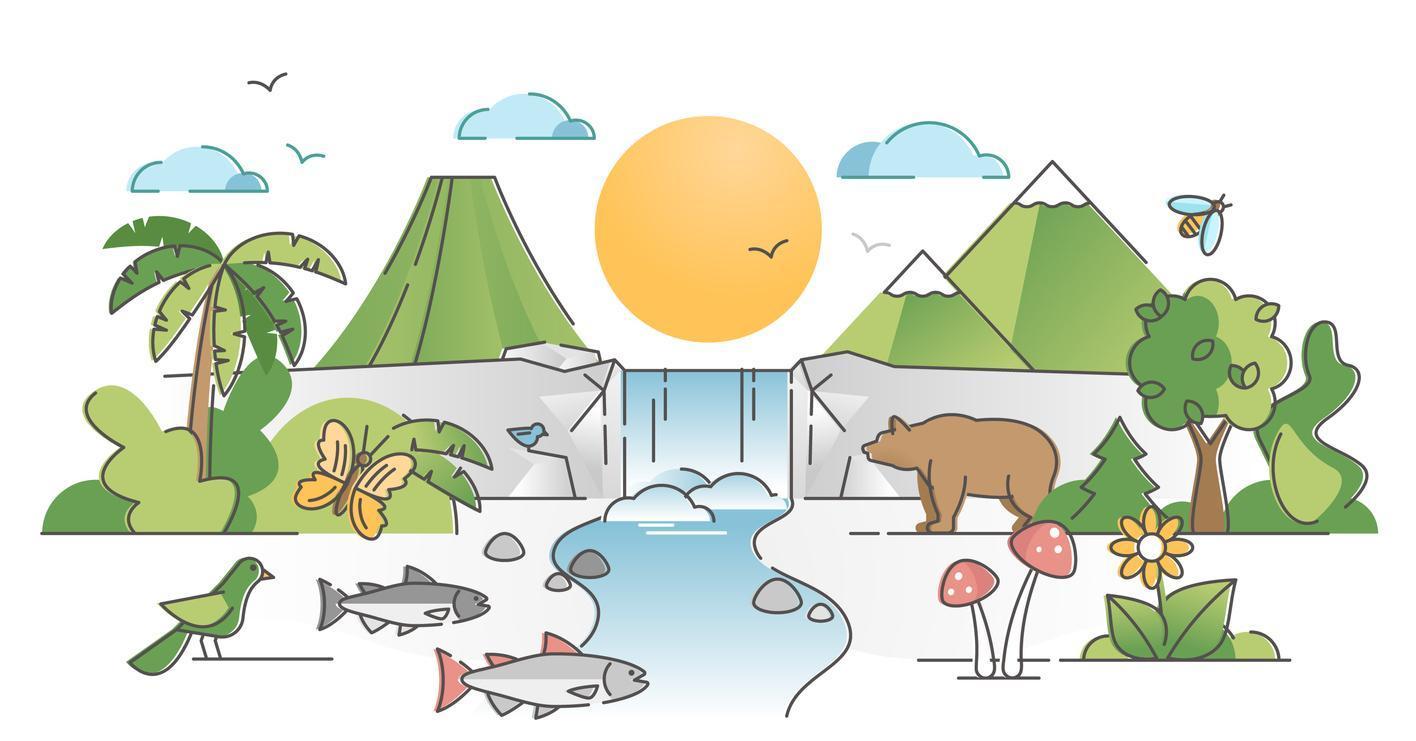
Change in the real world is much like that forest. It is an ecosystem that relies on many disparate, often contrasting or even competing, actors each doing what they do best, each balancing and complementing the other.
A beetle cannot be a hawk. A hawk cannot be a tree. And a tree cannot be the forest.
As purpose-driven leaders or change agents (note: I used these terms interchangeably), we must continually remind ourselves that we are only ever just one small piece in the beautiful mess of it all, one small piece in the puzzle of change. We play the roles that are ours to play, admire and appreciate others playing theirs, and watch in wonder as change emerges and unfolds before our eyes.
Everyone has an important role to play in the ecosystem of change. But no one can play them all.
That’s the ecological view of change.
Archetypal change agents and purpose-driven leaders
There are perhaps endless roles change agents and purpose-driven leaders might embody as their contribution to change. Just as with an ecosystem, change is dynamic and ever-evolving, always inviting new life, always creating new habitats and niches.
However, the types of roles change agents often play can perhaps be distilled down into a handful of archetypes, just as the forest can be divided by biological kingdoms, families, or species. These general categories of roles do not and cannot fully define or encapsulate any of us. But they can help us begin to identify our specific contributions so that we can focus our energies accordingly.
Some common archetypes of purpose-driven leaders include:
- Activist: The activist strategizes, organizes, and disrupts on the front lines. This might include someone organizing a protest or joining a direct action. Example: Greta Thunberg
- Analyst: The analyst builds knowledge of critical challenges and solutions. This might be a climate scientist or economist exploring the drivers of inequality. Example: Brené Brown
- Artist: The artist inspires new insight, perspectives, and passion by engaging their creativity. This might be a songwriter who exposes the pain of the world or a muralist who captures possibilities for the future. Example: Ai Weiwei
- Communicator: The communicator cultivates broader awareness of challenges, risks, and opportunities through clear, compelling storytelling. This might be an author, documentarian, or social media influencer. Example: Ta-Nehisi Coates
- Connector: The connector fosters collaboration and cross-pollination by growing personal relationships and networks among purpose-driven leaders and organizations. Example: Stacy Abrams
- Conservator: The conservator protects, maintains, or revives the existing aspects of the world that still serve us. Example: Tyson Yunkaporta
- Destroyer: The destroyer exposes, undermines, or dismantles the shortcomings, inconsistencies, and ironies of existing systems and paradigms to help break their spell over us. Example: Stephen Colbert
- Entrepreneur: The entrepreneur creates and grows new products and organizations. This might be someone launching a business, non-profit, or collective. Example: Yvon Chouinard
- Healer: The healer holds space for and helps integrate physical, emotional, and spiritual pain that inhibits change. Example: adrienne maree brown
- Intrapreneur: The intrapreneur (a term coined by Gifford Pinchot) fostering new paradigms within existing organizations and institutions. Example: Sheryl Sandberg
- Sage: The sage teaches us presence, connects us to the wisdom of the universe, and offers counsel that guides us to right action. Example: Thich Nhat Hahn
- Visionary: The visionary dreams up new paradigms and possibilities for a better world. Example: John Lennon
Trusting change
This is by no means a scientific, exhaustive, or definitive list. In fact, full disclosure: I just made it up. You may see yourself in some of these archetypes or you may not. And it may be more powerful for you to define your own archetype that distills what you see as your particular role or roles in change.
What matters most is that each of us acknowledges that there are many different roles in the ecosystem of change, all essential, none more important than the other. And none of us can play them all. It’s incumbent on each of us to find the role (or perhaps two or three) that most resonate with who we really are, brings us alive, and offers us a sense of moving with our own internal currents rather than against them.
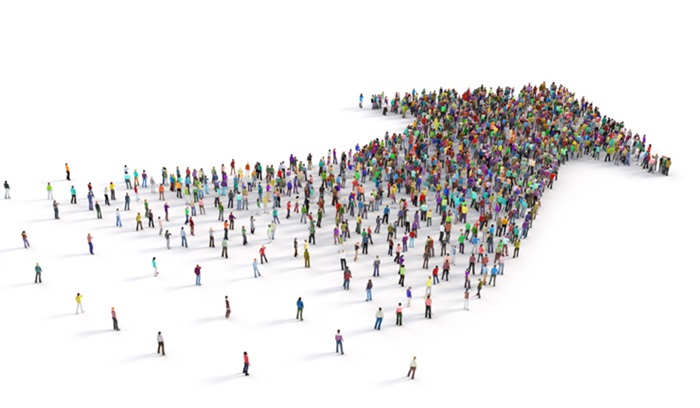
The next step is perhaps even more difficult: As we adopt our more humble and focused role in change, we must simply trust that others will show up and offer their contribution as well. We must trust that even without a hero, there are plenty of kind-hearted, brilliant, courageous people among us to slay whatever dragons face our kingdom.
More from the Purpose 101 series
Antidotes to meta-crisis despair
Stop trying to save the world
Purpose is not improv. You have to say “no.”
You can skip the Hero’s Journey
The magical harmony of inner purpose and outer purpose
1:1 Coaching with Peter
Hi, I’m Peter Schulte. I’m a purpose coach. If you’re interested in getting support in your career, relationships, creative projects, or inner explorations, let’s connect.
❓ Learn more about my coaching practice
I’m here to serve as your coach, guide, thought partner, sounding board, mirror, cheerleader, and confidante through the greatest challenges of your life and career. Learn more >
💡 Sign up for a complimentary session
I offer free introductory coaching sessions to anyone interested – no charge, no strings attached, no sales pitch. You can use it to get a taste of coaching and gauge whether we might be a good fit. Reserve your spot >
✉️ Send me an email
Have any questions you’d prefer to explore in writing? Drop me a line. Contact >

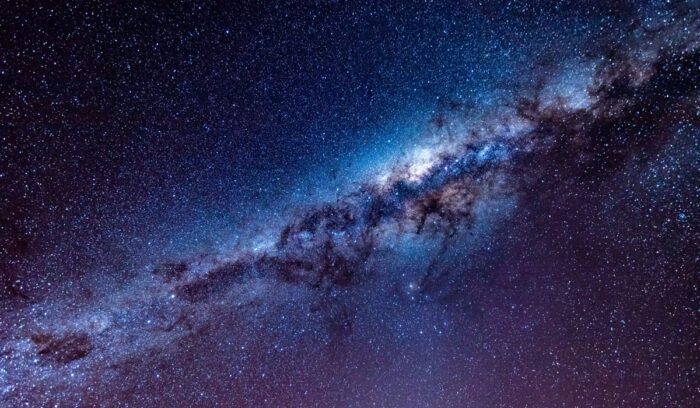
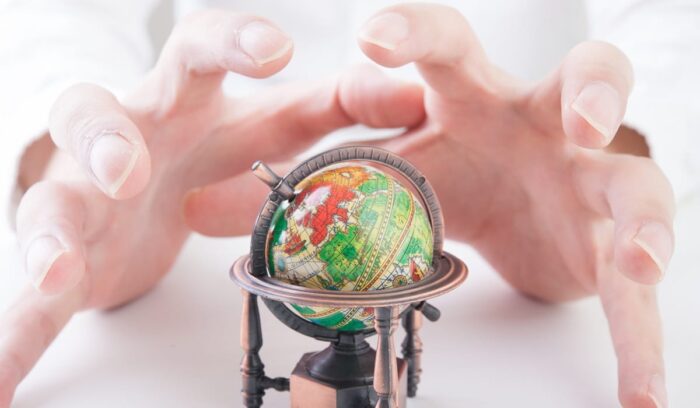
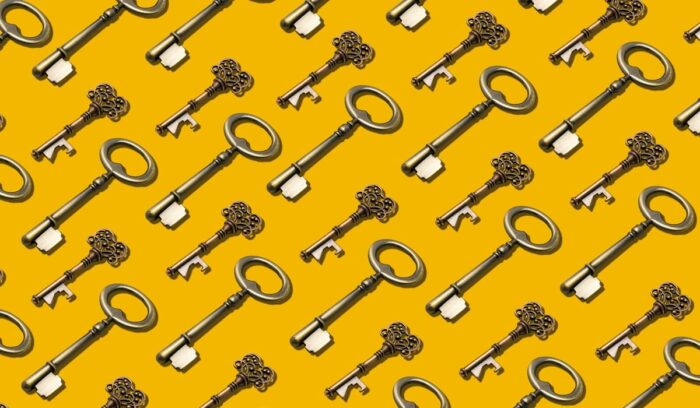
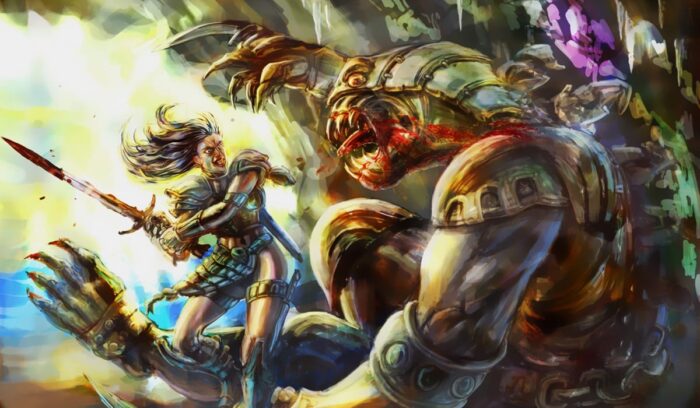
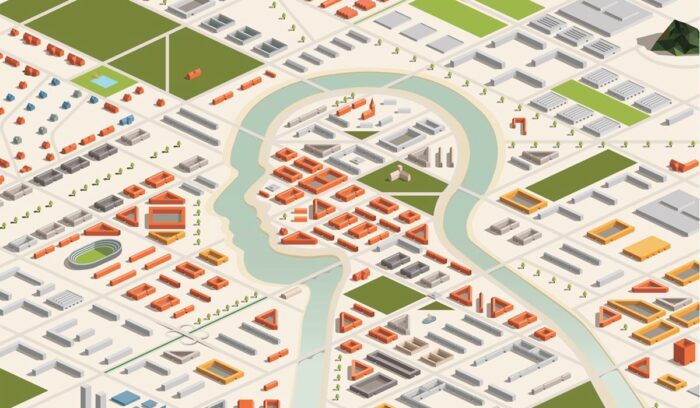
Peter Schulte
Purpose Coach
Bellingham WA, USA / Lummi & Nooksack lands
Purpose statement: I reveal a world of beauty and goodness